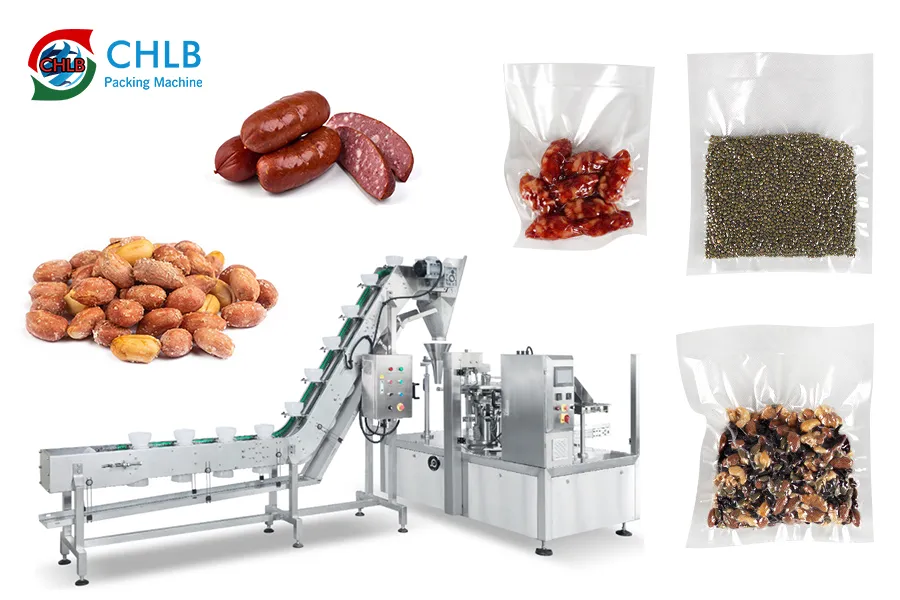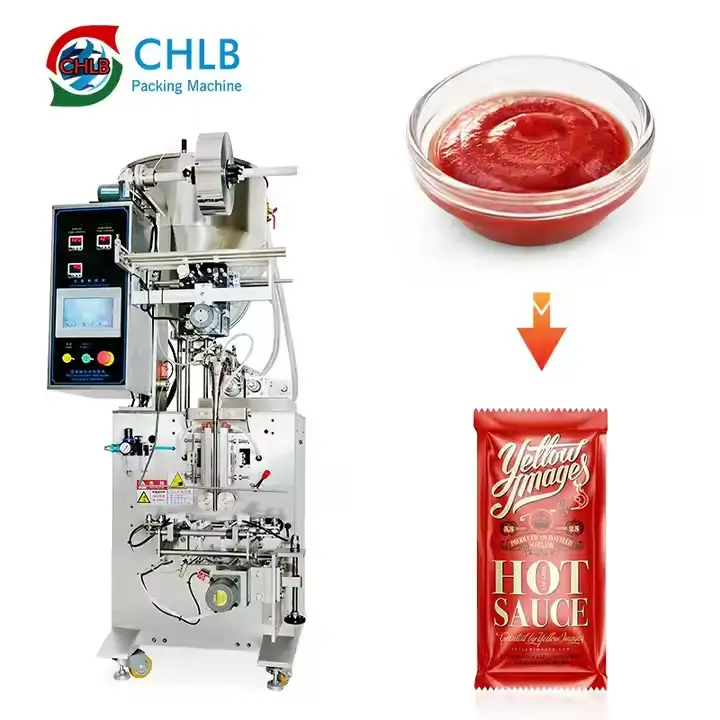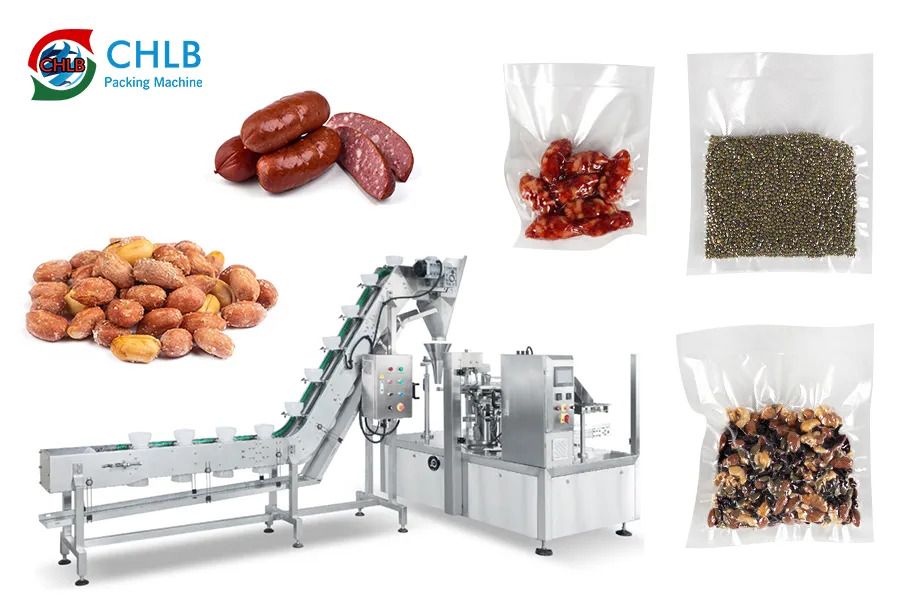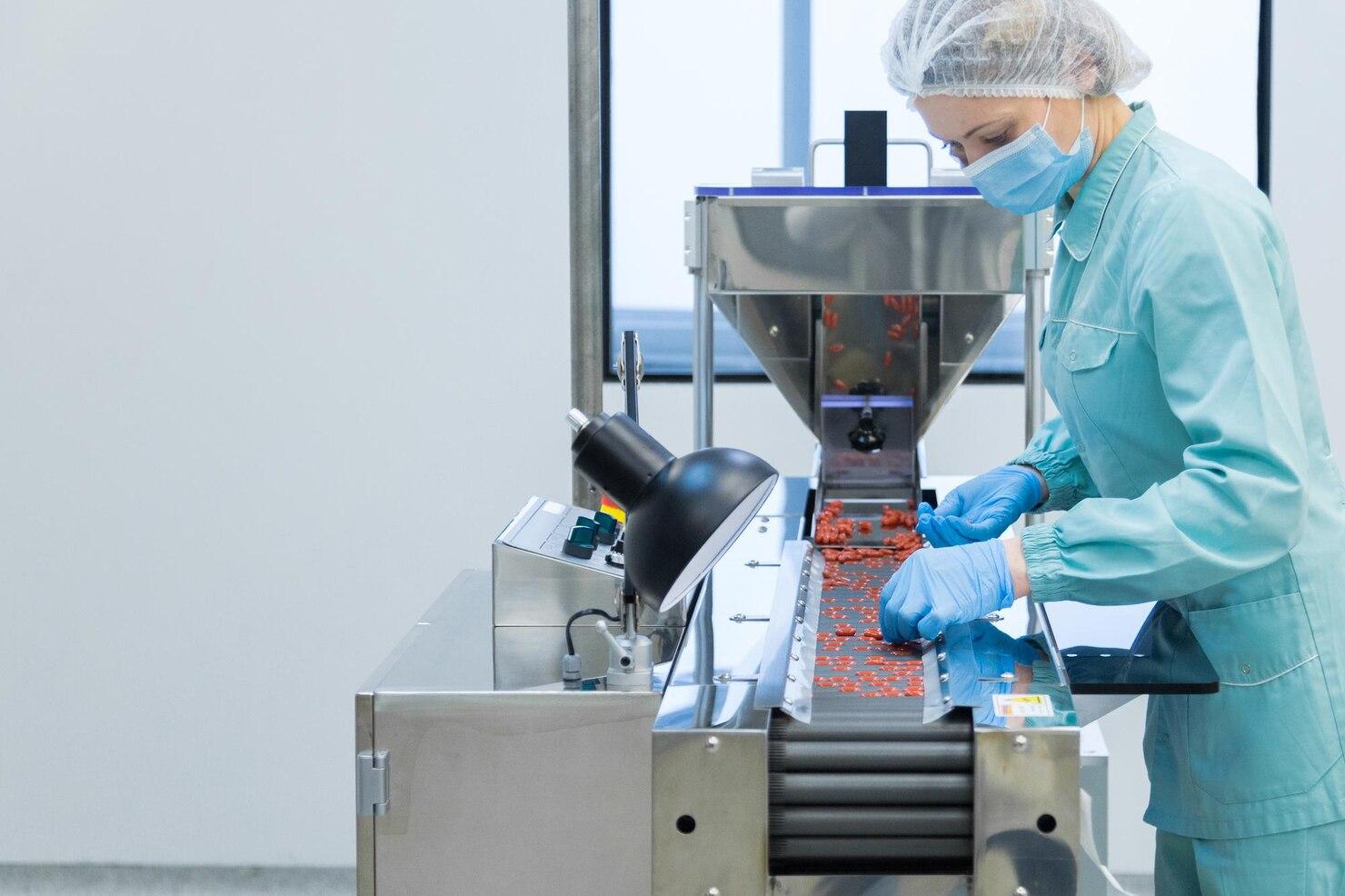Emballage des aliments cuits à vendre est plus que de gifler une étiquette sur un récipient - il s'agit d'assurer la fraîcheur, sécurité, et appel. Lorsque vous démarrez une entreprise dans l'industrie alimentaire, Votre emballage joue un rôle crucial dans la façon dont vos produits sont perçus par les clients, Et il peut faire ou défaire le succès de votre marque. De maintenir les normes d'hygiène appropriées à la conception d'emballages qui se démarquent sur l'étagère, Chaque détail compte.
Dans ce guide, Nous plongerons dans le type d'emballage alimentaire, puis offrez des conseils et des techniques qui vous aideront à protéger vos produits. Si vous voulez faire bonne impression et faire revenir vos clients pour plus, Continuez à lire!
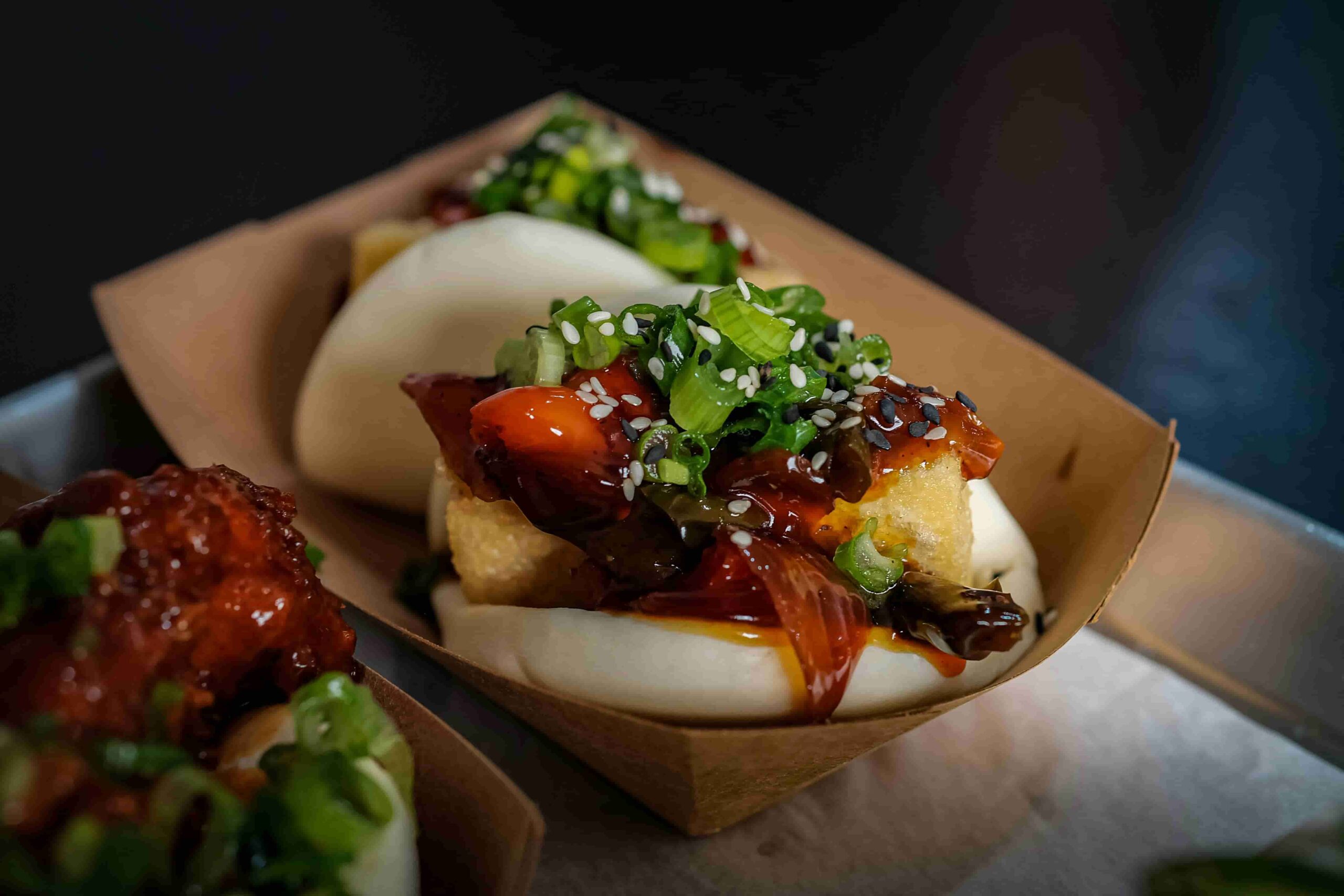
Qu'est-ce que l'emballage alimentaire?
Emballage alimentaire fait référence au processus d'enfermement de produits alimentaires dans des conteneurs, enveloppements, ou des matériaux qui les protègent contre la contamination et prolongent la durée de conservation. L'emballage alimentaire est également un type de substance de contact alimentaire, et est sous surveillance par les États-Unis. Nourriture & Administration de la drogue. Et, il sert plusieurs objectifs clés, y compris:
- Contrôle de l'air et de l'humidité: Un bon emballage limite l'exposition à l'air et à l'humidité, Garder les aliments cuits frais et prévenir la bouée.
- Contrôle et stockage de la température: L'emballage aide à réguler les températures pour éviter la détérioration, Surtout pour les repas prêts à manger et livrés.
- Éviter la contamination: Les aliments cuits sont vulnérables à la contamination, Les emballages scellés empêchent donc les bactéries et les substances nocives de l'atteindre.
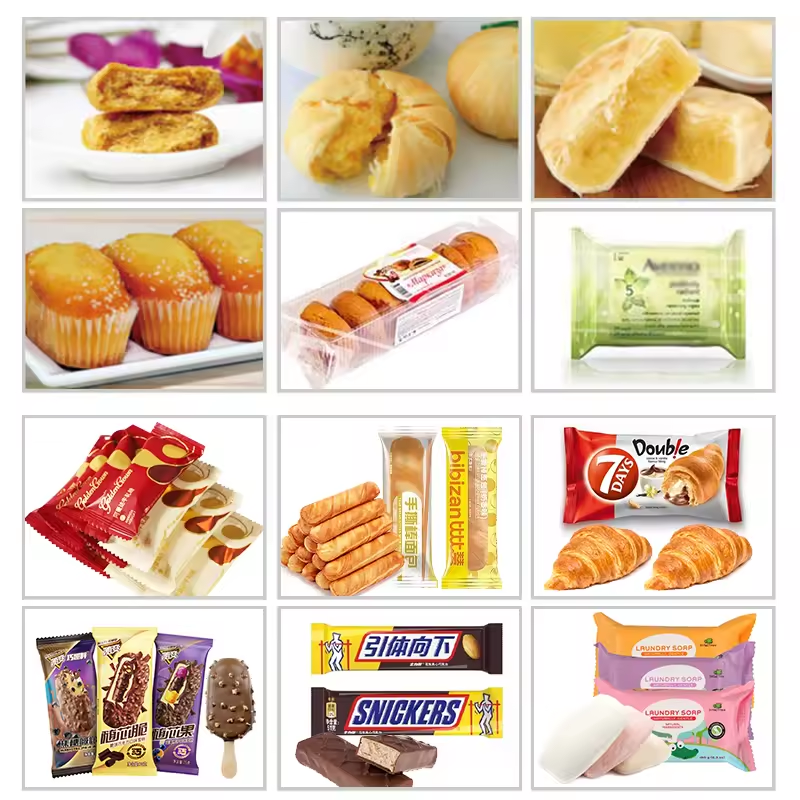
Types de matériaux d'emballage d'aliments cuits
Les emballages correctement cuits sont essentiels pour s'assurer qu'il reste frais, délicieux, et sûr pour les clients. Pensez-y: Acheteriez-vous des cookies à un fragile, emballage mal scellé? Probablement pas. Choisir le bon matériau est essentiel non seulement pour la protection mais pour la perception de votre marque. Maintenant, Décomposons les principaux types d'emballages alimentaires pour vous aider à déterminer lequel convient le mieux à votre entreprise.
1. Rétorquer les pochettes
Les pochettes de réplique ont été initialement développées pour les rations militaires et sont désormais largement utilisées dans l'industrie alimentaire de la vente au détail. Ces sachets multicouches, Souvent fabriqué à partir de papier d'aluminium et de polyéthylène, peut emballer des liquides, semi-solides, et des aliments solides sans réfrigération. Cela les rend idéaux pour les repas prêts à manger, repas cuits pour le transport, et tout produit alimentaire qui ne peut pas être consommé immédiatement.
2. En papier d'aluminium
En papier d'aluminium, sont caractérisés par leur construction en aluminium en aluminium et leur conception de joint quadruple. Et l'inclusion de matériaux transparents d'un côté permet aux consommateurs de voir le contenu. Ces sachets sont conçus avec plusieurs couches pour fournir une forte barrière contre l'oxygène et l'humidité, ce qui aide à prolonger la durée de conservation des articles moins périssables.
Cependant, Ils n'offrent généralement pas la même durée de conservation prolongée que rétracter les sachets. Cela les rend adaptés à Produits destinés à la stabilité des étagères à court terme.
3. Sacs en papier kraft
Papier kraft, bien qu'il soit fabriqué à partir de pâte de bois, peut gérer la graisse et la vapeur efficacement, Maintenir leur intégrité même avec des aliments chauds ou gras. Cela les rend idéaux pour une utilisation dans les charcuteries, restaurants, et les boulangeries, où ils peuvent conserver des articles comme le fish and chips ou les pâtisseries frais et intacts. En plus, Les sacs en papier Kraft présentent souvent une conception de gousset à fond plat qui prend en charge une impression facile et efficace, Autoriser la marque personnalisée.
4. Enveloppements de films
Les wraps de film peuvent être utilisés seuls ou associés à des options d'emballage rigides comme les plateaux en plastique. Donc, Les clients peuvent facilement réchauffer la nourriture à la maison. Pour la marque, Vous pouvez aller avec des enveloppements de films imprimés sur mesure qui présentent les détails de votre produit et les graphiques, ou utilisez un film transparent avec des étiquettes de bâton pour une approche plus simple.
5. Pack de flux
Quand il s'agit de packs de flux de flux, il se rapporte toujours au machine à enveloppement d'écoulement. Ils sont fabriqués en enroulant des produits dans un film continu et en les coupant en sachets individuels. Ils utilisent différents types de papier en fonction du produit, avec des aliments cuits avec souvent une doublure en feuille.
Repas cuisinés à une seule portion, comme les tranches de lasagne ou les salades, sont parfaitement adaptés aux packs de flux. La conception peut inclure un petit plateau à l'intérieur du pack pour maintenir la nourriture soigneusement en place. Les packs de débit sont également un excellent choix pour les aliments pour animaux de compagnie cuits pour fournir facilement la bonne partie sans avoir besoin de mesurer supplémentaires.
5. Formulaire pour remplir l'emballage
Formulaire pour remplir l'emballage utilise toujours le Machine VFFS. Il laisse des feuilles plates de papier ou de film, qui sont repliés dans des boîtes ou des conteneurs, puis remplis de produits. Cette méthode est efficace pour l'emballage des articles comme les pâtisseries et les hamburgers. Il permet une transformation rapide des formes d'emballage et peut être combinée avec une rétractation pour une protection supplémentaire.
6. Papier à épilation à la cire
Le papier d'épilation est un choix polyvalent pour l'emballage, Offrir plus d'absorbance et de durabilité que le papier ordinaire. Son revêtement de cire le rend idéal pour envelopper les pâtisseries, sandwichs, hamburgers, et frites, Assurer la fraîcheur et empêcher les larmes. Pour les entreprises ou les charcuteries de restauration rapide, Personnaliser le papier d'épilation avec des impressions distinctes peut stimuler la visibilité de la marque et améliorer l'expérience client.
4 Techniques d'emballage pour les aliments cuits
Garder vos aliments cuits frais et savoureux est plus facile que vous ne le pensez! Avec les bonnes techniques d'emballage, Vous pouvez vous assurer que vos repas restent délicieux et en sécurité à manger.
Scellage sous vide
Scellage sous vide est un moyen fantastique de garder vos aliments cuits frais plus longtemps. Il fonctionne en retirant l'air d'un sac ou d'une pochette en plastique, Utilisation d'une machine de scellant à vide. Une fois que l'air est sorti, Le sac est scellé à la chaleur pour créer un, environnement hermétique. Pourquoi est-ce si génial? Bien, sans air, La fuite et les brûlures du congélateur sont maintenues à distance. Plus, Les sacs à l'aspiration sont compacts et faciles à stocker, vous économiser de l'espace dans le réfrigérateur ou le congélateur.
Emballage sous atmosphère modifiée (CARTE)
Emballage sous atmosphère modifiée (CARTE) implique l'ajustement de la composition atmosphérique à l'intérieur d'un ensemble pour améliorer la préservation des aliments. Cette technique remplace l'air par un mélange de gaz spécifique, incluant généralement de l'azote, oxygène, et du dioxyde de carbone, pour ralentir le processus de détérioration. La carte est particulièrement efficace pour prolonger la fraîcheur des aliments cuits. En ralentissant la croissance des bactéries et des moisissures, Il aide à maintenir la texture de la nourriture, couleur, et la saveur au fil du temps.
Scellage de chaleur
Rétrécissement de la chaleur implique d'envelopper un produit dans un film plastique qui se rétrécit étroitement autour du produit lorsque la chaleur est appliquée. Il est couramment utilisé pour créer un sceau serré autour des produits et est souvent utilisé pour les emballages de sabotage.
Emballage cryovac
Emballage cryovac, également connu sous le nom d'emballage rétractable, est une technique astucieuse où la nourriture est enveloppée dans un film plastique puis chauffée de sorte que le film se rétrécit étroitement autour du produit. Cette méthode offre plusieurs grands avantages. L'emballage cryovac est excellent pour prolonger la durée de conservation des aliments cuits. Il fournit également un bouclier pendant le stockage et le transport, Prévenir les dommages et l'humidité.
Conseils pour emballer les aliments cuisinés à vendre
Un emballage efficace est essentiel pour protéger votre produit et attrayant les clients. Voici un guide étape par étape pour vous aider à emballer des aliments cuits à vendre:
1. Recherche et obéissez à la loi alimentaire
Démarrer une entreprise alimentaire va au-delà d'avoir une excellente idée; Comprendre les lois alimentaires est essentielle.
Alors que les frais juridiques peuvent sembler élevés, Surtout pour les licences spéciales, Sauter ces étapes peut entraîner des coûts plus importants plus tard. Les inspecteurs alimentaires peuvent offrir des conseils précieux pour vous aider à vous assurer que votre produit est sûr. Gérer correctement les aliments, Suivez votre chaîne d'approvisionnement, et tenir des enregistrements détaillés. Tester vos produits pour les allergènes et autres risques est également sage.
2. Trouvez votre niche
Trouver votre niche dans le secteur alimentaire commence souvent par une passion personnelle ou une expérience unique. De la même manière, en commençant par quelque chose qui vous passionne déjà, comme faire des confitures à partir de fraises locales, peut vous donner une base solide.
Lorsque vous identifiez votre créneau, Pensez à ce que vous aimez et à ce que vous pouvez offrir qui est unique. Et puis, accorder plus d'attention à la tendance alimentaire. Cette connexion rend non seulement votre entreprise plus personnelle, mais vous aide également à créer une clientèle fidèle.
3. Choisir les bons matériaux d'emballage pour les aliments cuits
Sélectionnez des matériaux d'emballage en fonction du type de nourriture que vous vendez. Cependant, Le type d'emballage des aliments ne convient pas aux aliments cuits. Vous devriez prendre en compte des facteurs comme l'élément d'expédition, glacial et ainsi de suite. Donc, Vous devriez faire une expérimentation pour choisir quel emballage est le plus adapté à votre produit.
4. Concevez votre forfait
Suivant, Laissez votre marque briller. Utilisez votre logo et vos couleurs de marque en bonne place qui reflètent la personnalité de votre marque pour faire ressortir votre produit et être facilement reconnaissable.
Aussi, Les images de haute qualité de la nourriture rendent l'appétit et ajoutent des polices lisibles afin que les informations clés soient claires.
5. Exigences d'étiquetage
Si vous souhaitez emballer des aliments cuits à vendre aux États-Unis, tu devrais suivre la loi établi par le ministère de l'Agriculture et des Marchés. En tout, L'emballage doit conclure les informations suivantes:
- Ingrédients
- Informations nutritionnelles
- Dates d'expiration
- Étiquetage des réglementations et normes
- Lignes directrices locales et internationales
Ce sont les informations de base que les consommateurs devraient connaître. Et il existe d'autres informations que vous devrez peut-être ajouter au produit que vous vendez. Si nécessaire, Veuillez le mettre en évidence. Donc, Votre produit est différent des autres, Et vos consommateurs peuvent connaître votre idée à première vue.
6. Tester votre emballage
Quand tout est prêt et que vous vous préparez à vendre votre produit au début, Veuillez commencer par des vérifications de qualité simples. Recherchez toute faiblesse qui pourrait affecter la durabilité ou la protection pendant le transport ou le stockage.
Après les marchandises, Aresold, Vous devez recueillir les commentaires des clients pour voir ce qu'ils pensent de l'emballage. Est-ce facile à utiliser? Est-ce que cela garde la dégustation de nourriture fraîche? Est-ce attrayant? Et puis vous devez utiliser ces commentaires pour modifier et améliorer l'emballage.
Clé à retenir
Emballer correctement vos aliments cuits est crucial pour s'assurer qu'il atteint vos clients en état de haut niveau, Et c'est une partie intégrante de la construction de votre marque. En sélectionnant les bons matériaux et techniques, Vous pouvez maintenir la fraîcheur et faire ressortir votre produit.
Si vous recherchez des conseils d'experts et des solutions d'emballage de haute qualité, ne cherche pas plus loin que chlbpack. Contacter CHLBPACK aujourd'hui pour élever votre jeu d'emballage de nourriture et faire une impression durable sur vos clients!

